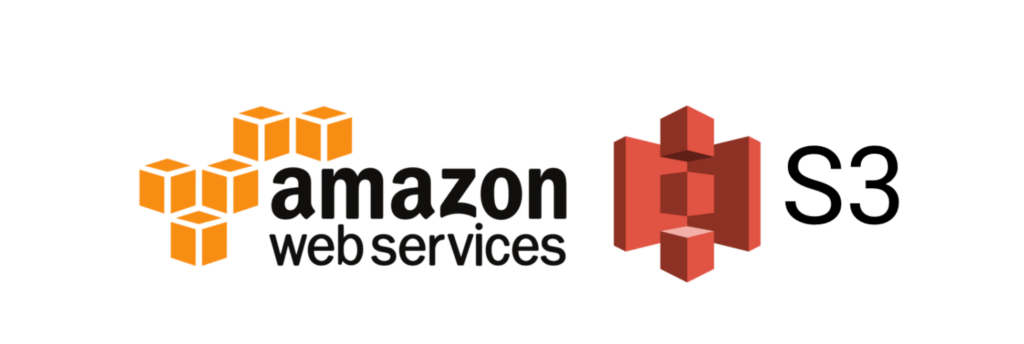AWS S3 Bucket – Simple Storage Service | Object Storage
In this article, we will be covering the key basics of the AWS S3 bucket service and its use cases.

What is Cloud Storage
- Cloud storage is a web service where data can be stored, accessed, and quickly backed up on the internet
- More reliable, scalable, and secure
Types of AWS Storage Services
- Amazon Simple Storage Service – AWS S3 – Object-based Storage
- Amazon Elastic File System – AWS EFS – Distributed Network File System
- Amazon Elastic Block Store – AWS EBS – Storage designed for AWS EC2
- AWS Storage Gateway – On-premises & cloud storage
- Glacier – One of the S3 storage classes
- Snowball, Snowball Edge, Snowmobile for huge data process
What is an S3 Bucket?
- New users get 5GB of S3 standard storage free under AWS Free Tier for 12 Months
- Amazon Simple Storage Service (Amazon S3) is an object storage service that offers industry-leading scalability, data availability, security, and performance
- Customers of all sizes and industries can use Amazon S3 to store and protect any amount of data for a range of use cases, such as data lakes, websites, mobile applications, backup and restore, archive, enterprise applications, IoT devices, and big data analytics
S3 Key terms
-
Buckets
- Container for objects stored in Amazon S3
- Any number of objects can be stored and can have up to 100 buckets in the AWS account
- Organize the Amazon S3 namespace at the highest level
- Identify the account responsible for storage and data transfer charges
-
Objects
- It consists of object data and metadata
- Metadata is a set of name-value pairs that describe the object
- Object can be identified by Key (object/file name) and version ID (if S3 Versioning enabled)
-
Keys
- Every object in a bucket has exactly one key
- Object identified by combining bucket name, object key, and version ID (if S3 Versioning enabled)
- For example, file name proposal.pdf then access URL will be like
https://myspace-bucket.s3.us-west-2.amazonaws.com/documents/proposal.pdfis the name of the bucket and
myspace-bucketdocuments/proposal.pdfis the key.
-
S3 Versioning
- You can use S3 Versioning to keep multiple variants of an object in the same bucket.
- With S3 Versioning, preserve, retrieve, and restore every version of every object stored in buckets.
- Easily recover from unintended user actions and application failures.
AWS S3 Benefits
- Durability: S3 provides 99.9999% durability
- Low cost: S3 storage classes are based on the frequency and immediacy required to access files, so it is lower in cost.
- Security: It has top-notch security with encryption features
- Flexibility: S3 is ideal for data storage, backup, archiving, disaster recovery, static website hosting, and much more.
- It has higher availability
- Pay for the storage you use
Use Cases
Following are some of the scenarios where S3 can be used.
- Host Static Website
- Backup CMS Data – CMS page, posts, files, tables, and plugins can be backup to an Amazon S3 account on schedule
- Downloadable content storage – This will help to boost the website’s performance. For example, site images or uploaded images can be stored.
- Archive
- Older backup files and logs can be archived in the bucket
- Can serve as a backup storage place
Need Help in setting up S3 Bucket?